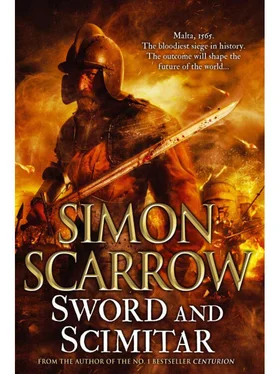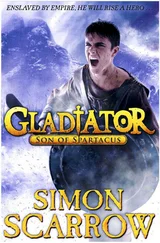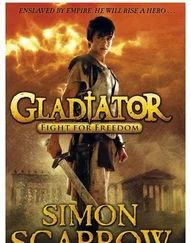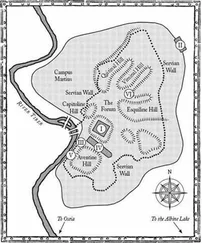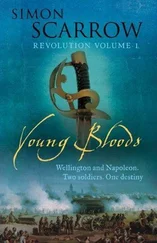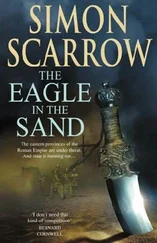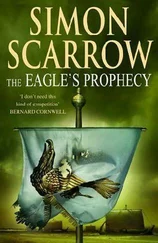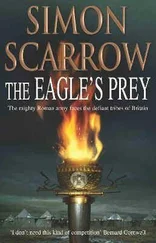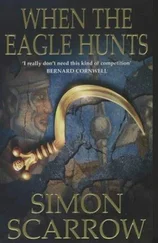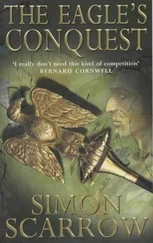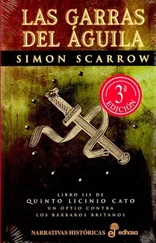‘Really, sir?’ The old man looked disappointed. ‘I had hoped that you might stay. Now that the last of the knights has gone, the auberge needs new blood.’
Richard’s expression hardened at the unfortunate choice of word. He forced himself to smile faintly. ‘Perhaps one day. Not for some years. I have earned a respite from war. But if ever the Order calls on me, I shall come. Look for me then.’
Both men smiled, knowing full well that Jenkins would be long in his grave before that day.
‘Goodbye then, sir.’ Jenkins bowed his head, and shuffled over to open the door. Richard stepped out into the bright sunlight bathing the town. As the latch clacked behind him, he felt a lightness in his being, as if all manner of burdens had been lifted from his shoulders. He breathed in deeply, then glanced over his shoulder for one last look at the auberge before he turned away and went to join his mother.
For Tom
After life’s fitful fever he sleeps well.
Treason has done his worst. Nor steel nor poison,
Malice domestic, foreign levy, nothing
Can touch him further.
William Shakespeare
AUTHOR’S NOTE
Few sieges in history are as significant as that of 1565. It took place at a time when the Ottoman Empire was at its height and there was little doubt that Sultan Suleiman ruled the superpower of the age. The kingdoms of Europe did not dare stand in his way and lived in fear of his all-conquering armies. For those nations with a shore on the Mediterranean Sea - or the White Sea as the Ottoman Turks referred to it — there was the added terror of the Sultan’s sea power, often exercised by his proxy fleets of corsairs led by legendary characters such as Barbarossa and Turgut, whose very names caused Christians to quail in terror. Descending by night, the corsairs raided coastal villages and towns, killed countless thousands and carried many more off into slavery.
There is little doubt about the Grand Strategy of Suleiman. He aimed to crush his Christian enemies between the pincers of his army and his fleet. He believed he had been divinely chosen to complete the long-standing ambition of the Muslim world — to subject all other nations to the will of Allah, under the rule of the Ottoman Empire. The Kingdom of Spain was a mirror image of the same ambition, and just as ruthless, and equally ready to use religion to justify its actions. It was fitting that the most celebrated act of the great struggle between the two powers should be played out on Malta, the island in the very heart of the sea so bitterly contested for hundreds of years.
At that time the Order of St John was little more than the garrison of an outpost in the Christian world. The Order was in decline, its numbers falling as the wars in Europe claimed knights it might once have attracted. It was comprised of many nationalities and there were always tensions within its ranks, which was not helped by a long history of defeats and retreats in the face of the forces of Islam. Given that the knights of the sixteenth-century Order were single-minded fanatical warriors, it is hard to believe that their origins date back to the twelfth century when a simple priest wished to offer food and shelter to pilgrims travelling to the Holy Land. As part of that service the Order soon extended its scope to offering armed escort to pilgrims, before evolving into an extensive paramilitary force that went over to the offensive with considerable relish.
Ultimately, the military Orders proved insufficient to the challenge they faced and were driven from the Holy Land in 1291 (when they were all but annihilated). Regrouping on Cyprus they invaded Rhodes in 1310 and used the island as a base for naval operations against the enemies of Christendom. Eventually, in 1523, the newly crowned Sultan, Suleiman, sent a powerful fleet and army to overwhelm the Order. It was not an easy task since the knights had built a vast array of fortifications around their head¬quarters, which visitors to Rhodes can still see today. Suleiman was young at the time, and inclined to rather more chivalry than was wise. Instead of crushing the Order that had been a constant threat to the Turks, he took pity and permitted them to quit the island alive, taking with them their portable belongings. It was a mistake that would cost him dearly, for the knights went back on to the offensive the moment they secured a new base on Malta.
By the time Mustafa Pasha and Piyale Pasha launched their assault on the island detailed in this book, the Sultan had become older, wiser and more ruthless. This time there would be no mercy shown to the Order. Whereas Rhodes had been less than a day’s sail from the shores of Turkey, Malta would present a far more demanding set of logistical challenges. Besides requiring far longer lines of communication, there was also the nature of the island itself to contend with. Malta was a dry rock whose people had to scratch a living on its thin, treeless soil. Consequently the Turks had to bring timber with them to construct their siege works. That, and adequate supplies of food and munitions to see them through. In the event, they underestimated the task and were decimated by hunger and sickness in the latter stages of the campaign. Equally debilitating was the Sultan’s decision to split the command. By contrast, the unquestioned authority of La Valette, bolstered by his courage, meant that the defenders had a strong sense of mission. Neither side was lacking in courage, and when one considers the exhausting heat and privations suffered by the combatants it is hard not to be awed by their bravery and endurance.
The achievement of the Order in humbling the Sultan made them the toast of Europe. The victory was even celebrated in Protestant England. As a result, money and men flowed in, to such a degree that the Order was able to level the Sciberras ridge and build a brand-new fortified city, which was named in honour of La Valette. The example of the Order inspired the European powers to unite against the Sultan and his navy was crushed at the Battle of Lepanto six years after the humiliation on Malta. The shift in power led to the long decline of the Order. They remained in control of the island until the arrival of Napoleon and his army, en route to Egypt, in 1798. In rather stark contrast to their heroic forbears the knights of the Order who faced Napoleon surrendered after resisting for some ninety minutes. Thereafter the Order was forced to leave Malta and shifted its headquarters to Rome, where it has remained ever since.
Although the scene is very different today, one can still get a sense of the challenge that faced the Turks by exploring the harbour. When I first sailed into Valetta I was struck by the predominance of Fort St Elmo, and it is easy to understand why the Turks would have chosen it as the target of the first assault. Although the city is heavily built up, the main features of the harbour are intact and it is easy to picture the scene as it would have been in 1565. There is an excellent museum in the Grand Master’s palace with a fine collection of armour and weapons dating back to the siege. For those who wish to read more about the siege and the wider historical context, a good starting place is Tim Pickles’s Malta 1565: Last Battle of the Crusades from the ever excellent Osprey series. There is also an utterly gripping first-hand account by Francisco Balbi Di Correggio. Part diary and part commentary, it is a detailed summary from the point of view of a common soldier caught up in events. Ernie Bradford’s The Great Siege: Malta 1565 provides a very readable overview of the siege, and more recently Roger Crowley’s Empires of the Sea admirably sets the siege in a wider context.
On the question of the document at the heart of the tale, it is clear that King Henry VIII became increasingly concerned about his prospects for the afterlife as he grew older. His break with the Church of Rome had left England isolated from the heart of Europe and late in his reign he was keen to rebuild relations with the Catholic powers. The sticking point was the Pope’s demand that the possessions the Catholic Church had lost during the Reformation should be returned. Any attempt to strip the assets from those who had profited from the confiscation of Church property would have split the English ruling class right down the middle and the threat of civil war would have been unavoidable. Hence the desperate attempt by Sir Robert Cecil and Sir Francis Walsingham to secure the will that I have depicted in this novel.
